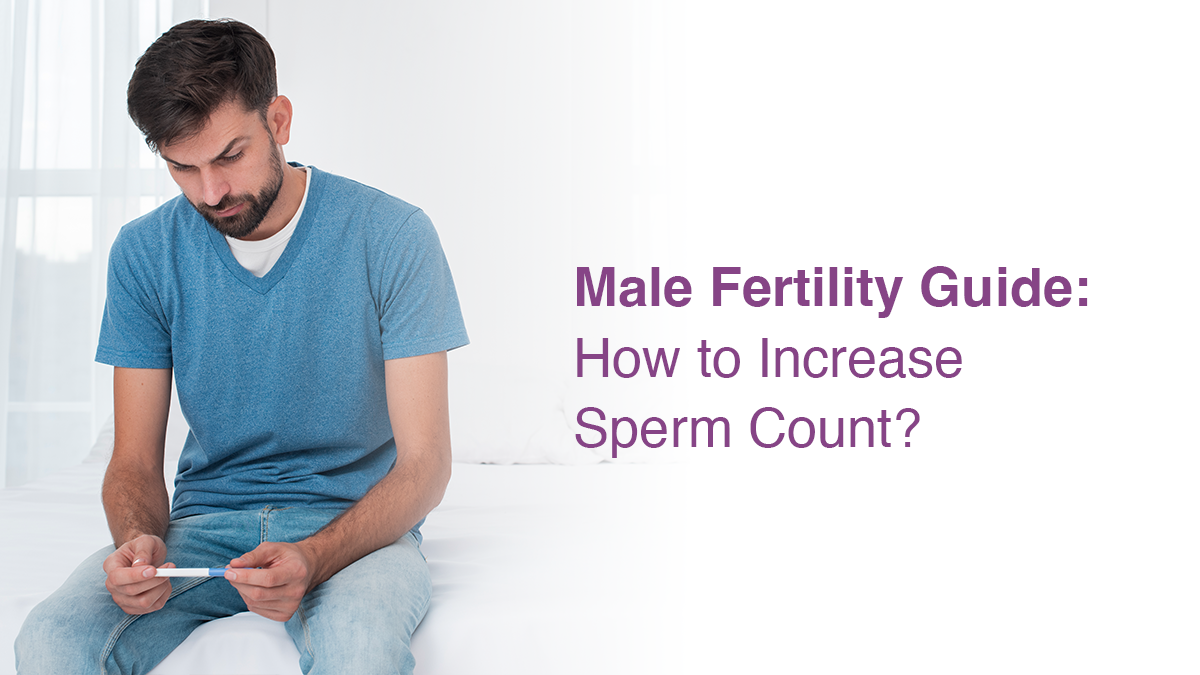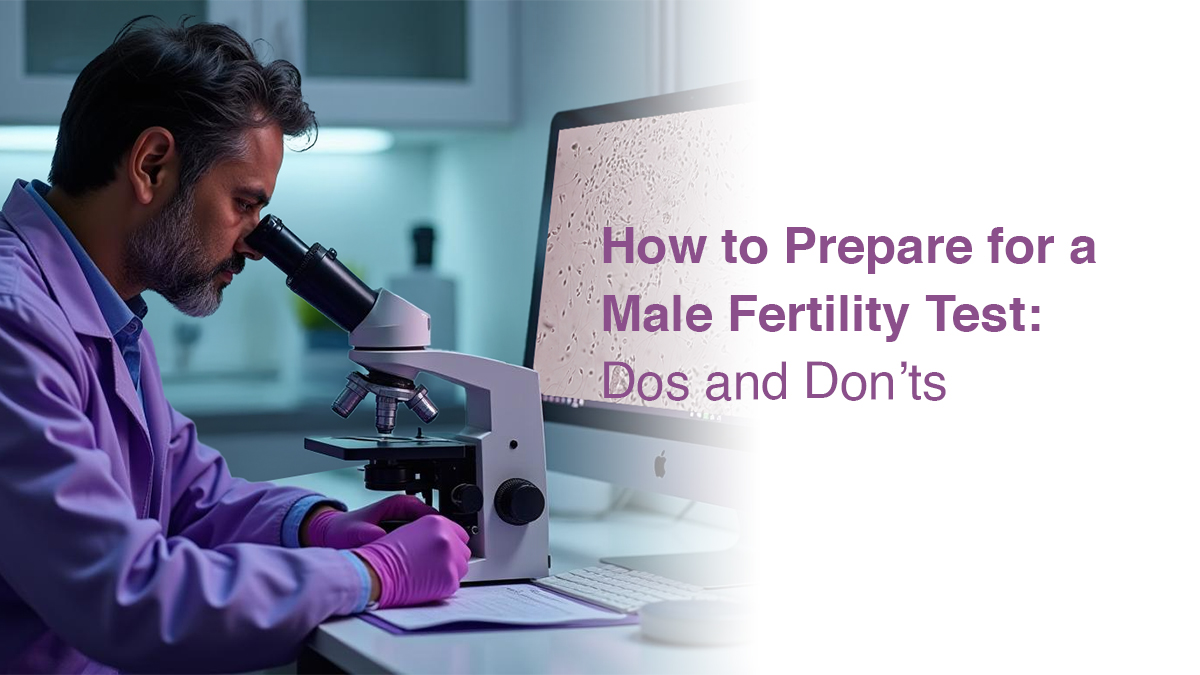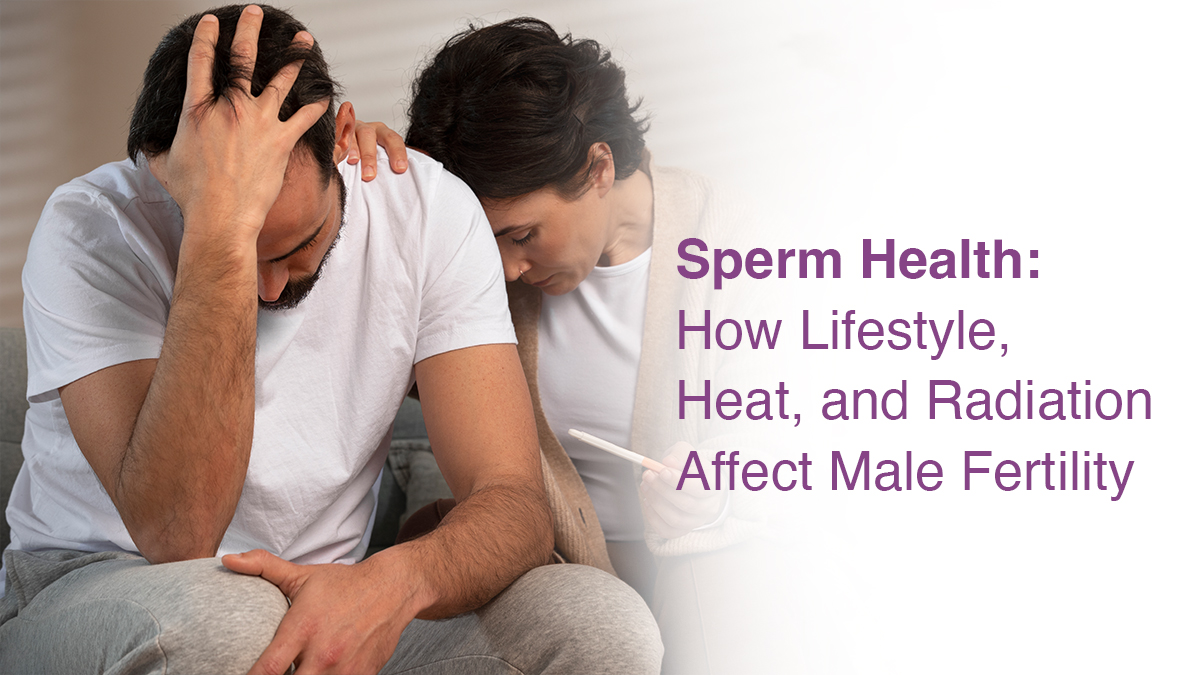
A Complete Guide on Erectile Dysfunction

Being unable to perform sexually can not only affect your relationship but also your self-confidence. But sexual health issues can be difficult to discuss, even with your partner or doctor. One of the common sexual issues faced by men is problems in achieving and/or maintaining an erection that is adequate for sexual intercourse. If you too have been facing this issue, remember you are not alone. This problem is known as erectile dysfunction or ED, and experts suggest that around 35% of men in India face sexual problems before the age of 40. More importantly, it is a treatable disorder, usually caused by an underlying physical problem. It can also have a psychological component, which makes holistic treatment essential for ED.
Here’s what you should know about ED, its causes, symptoms, treatment and prevention.
Symptoms of Erectile Dysfunction
If you find it difficult to achieve or hold an erection or if such arousal is unpredictable, occurring smoothly sometimes and failing at other times, you might be experiencing erectile dysfunction. Even when an erection occurs, there might be difficulty in maintaining it long enough to complete sexual intercourse. ED is a dysfunction that is also characterised by the need for a lot of stimulation to maintain an erection. It could also lead to reduced sexual desire.
Causes of Erectile Dysfunction
The most common reason for ED is the lack of adequate blood flow to the chambers of the penis. To achieve and sustain an erection, the penile chambers need to be flooded with blood. There could be various causes for the reduced blood flow, such as one of the valves of the penile chambers not functioning properly.
Other common causes of ED include problems in the nervous or endocrine system. The nervous system, which consists of the brain, spinal cord and nerves, sends electrical impulses to different parts of the body to enable movement (penis movement) and other types of functioning. If there is a problem with these impulses being properly conducted, it could impact the ability to gain an erection. The endocrine system, on the other hand, is responsible for producing and maintaining a balance of hormones within the body. Low levels of the male hormone testosterone can cause ED for men.
Other reasons for ED include age, diabetes, obesity, depression, lack of exercise, smoking and excessive intake of alcohol.
Types of Erectile Dysfunction
The type of ED depends on what its causes are. EDis usually categorised into 4 different types:
Vascular ED:
This occurs when the blood vessels that deliver blood to the penis are damaged or blocked, leading to reduced blood flow. High blood pressure and diabetes can lead to blood vessels becoming clogged.
- Neurogenic ED:
Nerve damage and diseases of the nervous system can lead to disturbances in the conduction of electrical impulses. Spinal cord trauma, stroke, cancers of the central nervous system, multiple sclerosis, Parkinson’s disease, etc., are some ailments that can cause nerve conduction problems. - Hormonal ED:
Low testosterone levels can lead to a lack of sexual desire and an inability to achieve and maintain an erection. - Psychogenic ED:
High levels of anxiety, prolonged stress, depression, relationship problems and childhood sexual abuse are some of the psychological issues that can affect the ability to achieve and sustain an erection. - Diagnosis of Erectile Dysfunction
To diagnose ED for men, doctors first need to understand your medical and sexual history to distinguish the dysfunction from other sexual issues, such as premature ejaculation. A physical examination helps check what the causes of ED might be. For instance, a nervous system issue leads to the penis not responding as expected to touch. Secondary sexual characteristics, like hair growth patterns, can indicate a hormonal imbalance.
Blood and urine tests might be recommended to check for testosterone levels, other hormone tests, lipid profile, liver enzyme and creatinine levels, etc. They will also check for diabetes and heart diseases, which are common reasons for the development of ED.If low blood flow is suspected, the doctor might ask for an ultrasound.
A psychosocial examination can further help identify whether the situation is being worsened by stress, anxiety, depression, or relationship issues.
ED Treatment
Various treatment options are available for the different types of ED. Medications that increase blood flow or raise testosterone levels can be prescribed, based on the causes of ED. Sometimes, a penis pump, which uses suction to pull blood into the penis, might be recommended as a treatment for weak erection. Your doctor will also recommend lifestyle changes, such as regular exercise, a healthy diet to lose weight, quitting smoking and alcohol consumption, etc. In addition, counselling for depression, anxiety or relationship issues can also work wonders in ED treatment.
Surgery is usually not required, unless there is a block in an artery that needs to be removed.
ED Prevention
The inability to achieve and sustain an erection may lead to difficulties in fulfilling your dream of being a parent. Therefore, ED prevention is the best course of action. All you need to do is make some lifestyle changes to lose weight, increase physical activity, eat a balanced diet, quit smoking and alcohol consumption, and make time to engage in stress-relieving activities.
If you are thinking of starting a family or have been facing problems in sexual performance, get in touch with the specialists at Oasis Fertility. The doctors here have wide experience in helping men overcome ED and other sexual problems.Visit your nearest Oasis Clinic to learn more about erectile dysfunction and how it can be treated. You can also have a live chat or call 1800-3001-1000 for immediate assistance.


fill up the form to get a
Free Consultation
Avail 0% interest on EMI
All Procedures | No Upper Limit
Frequently Asked Questions
Can a man with erectile dysfunction get a woman pregnant?
How can I reverse erectile dysfunction?
What is the best exercise for erectile dysfunction?
Can a 20-year-old man have ED?
How we reviewed this article:
- Current Version
- January 28, 2025 by Oasis Fertility
- October 10, 2024 by Oasis Fertility
- September 27, 2024 by Oasis Fertility






